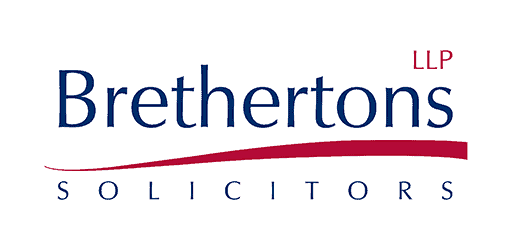Susan Ellis, Associate Solicitor at Brethertons asks is AirBnB really a quick and easy way for a long leaseholder to make some extra cash?
Renting out properties on Airbnb and the like is becoming increasingly popular, particularly in light of the attractive rental income that can be generated. It is estimated that rental income from Airbnb properties are at least 30% higher than from standard Assured Shorthold Tenancy lets. In recent years, the private rented sector has become less attractive to investors due to greater regulations and restrictions, who are turning to alternative means to generate additional income.
Airbnb has become very successful since its launch in August 2008, with over 60 million users across 57,000 cities. But is it really a quick and easy way for a long leaseholder to make some extra cash? There are a number of factors a long leaseholder should consider before looking to rent out their property on any short term letting.
Typical Leasehold Covenants in long leases

There are a number of covenants (promises between the freeholder and the leaseholder) typically set out as clauses within long leases that could be breached if the property is let on a short term let. Such covenants usually concern the following:-
- Not to sublet the property, either absolutely or without the landlord’s consent;
- Not to share possession/occupation of the property;
- Not to cause a nuisance to other lessors/occupiers;
- To use the property as a private residence for a single household only (the tenant covenant);
- Not to run any trade or business from the property.
You should check your lease for the exact wording of such clauses. If you have let out the property on a short term let, thereby breaching these clauses, there are a number of remedies that the freeholder could seek against you:-
- Damages – the freeholder could pursue a claim for compensation against you where the letting has caused them a financial loss, such as damage to the property;
- Injunction – the freeholder could pursue a claim for an injunction against you to prevent any further short term lets. You could potentially be committed to prison for a failure to comply;
- Forfeiture – leases often contain a provision that allows the freeholder to bring the lease to an end if you default on any obligation under the lease. This involves the freeholder bringing legal proceedings against the leaseholder. If the freeholder follows the correct procedure and is successful, the leaseholder will lose their property.
Both the County Court (in Bermondsey Exchange Freeholders v. Ninos Koumetto, County Court at Central London) and the Upper Tribunal (in Nemcora v. Fairfield Rents (2016)) have held short term lettings to be a breach of the tenant covenant. Furthermore, in the Bermondsey case the Court specifically categorised the Airbnb listing as a sub-letting or licence. Furthermore, on the facts of that case the flat was deemed to be being used for commercial hire as short term accommodation. An injunction was granted against the leaseholder to restrain further use of the premises for Airbnb.
Additional considerations
Planning Controls – Outside of London, planning controls vary from local authority to local authority so it is advisable to check with the local authority where the property is situated to see if these apply. Within London, since the Deregulation Act 2015, permission of the local authority is not needed and a short term let would not be deemed to be a material change of use provided the total number of days let out does not exceed 90 in the calendar year and the homeowner remained liable for council tax.
Fire safety – in 2016, following an inspection of a property in Plymouth, the leaseholder was handed a 6 month suspended prison sentence and ordered to pay over £5,500 in prosecution costs and victim surcharges as a result of her failure to comply with fire safety regulations. The property was described by the judge as a potential death trap.

Damage and theft – in December 2015 two flatmates who rented out their flat for a weekend returned to find it had been trashed, with a number of items missing, including a limited edition Banksy print estimated to be worth around £8,000.
Insurance and mortgage – whether or not a homeowner is insured for use of their property for Airbnb will depend upon the terms of their policy. Similarly, whether or not such a letting is a breach of a mortgage term will depend upon the policy.
Tax – income tax may be payable on profits earned from renting out a property, as well as potentially attracting possible future capital gains tax.
There are many points for a long leaseholder to consider before letting out their property on a short term basis, aside from any financial benefits they may be attracted by. Legal advice should be sought before embarking on such lettings as they could be exposing themselves to a number of risks which could have very serious consequences.

Susan is an Associate Solicitor at Brethertons. She specialises in housing and leasehold management and residential property litigation. For more information or legal advice on this topic, contact the team at Brethertons on 01295 270999 or visit our website www.brethertons.co.uk.



